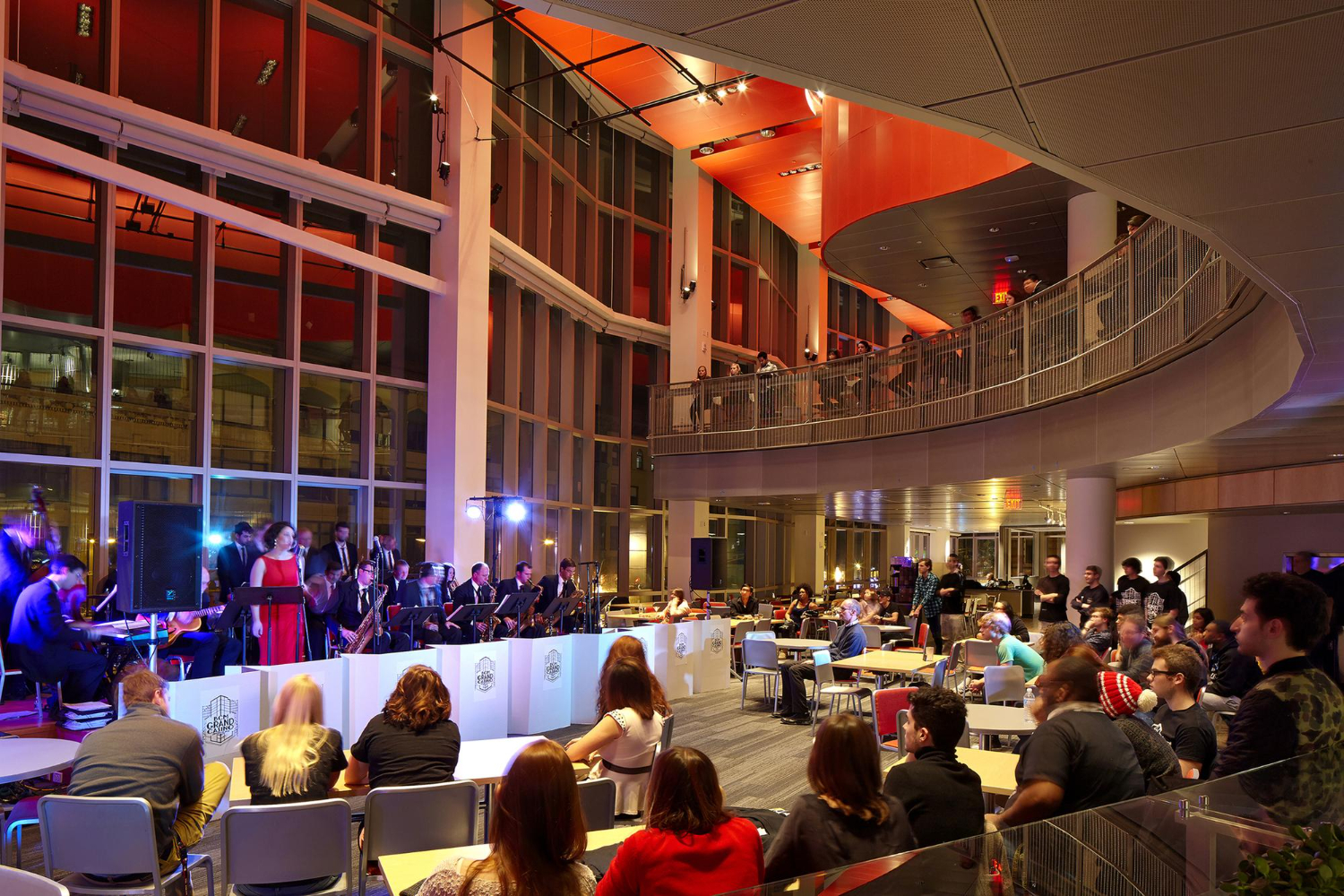
In today’s fast-paced world, people expect more than just a standard event—they expect an experience tailored to their interests, needs, and preferences. That’s where personalization steps in. Whether it’s through curated agendas, customised check-ins, or interactive tech, modern event design thrives on making each attendee feel like the event was made just for them. Personalization isn’t just a trend; it’s now a defining feature of successful events.
Why Personalization Matters in Events
People connect more deeply when experiences feel relevant. Personalization helps attendees feel valued, understood, and more engaged. From the moment someone registers, the event experience can be shaped around their job role, preferences, and past behaviour. This creates a stronger emotional connection, increases satisfaction, and improves overall engagement—turning attendees into loyal participants, not just one-time guests.
Personalized Agendas and Session Tracks
Modern event platforms allow attendees to create their own journey. Instead of a one-size-fits-all schedule, they can choose sessions that match their interests or skill level. For example, marketers might attend workshops on social media trends, while developers attend technical demos. Offering custom session tracks keeps people focused, energised, and less likely to skip sessions. Plus, it improves feedback scores and the perceived value of the event.
Data-Driven Recommendations
Just like e-commerce platforms suggest products, event software can suggest sessions, networking matches, and booths based on attendee profiles. By using data such as industry, past attendance, and selected topics, organisers can offer tailored content suggestions that feel intuitive and relevant. This kind of predictive personalization helps guide attendees through large events without feeling overwhelmed.
Customised Communication
Generic emails and notifications are easy to ignore. Personalised communication—such as using the attendee’s name, highlighting sessions they’ve shown interest in, or sending reminders about specific agenda items—makes your messages stand out. Push notifications during the event can guide people to sessions starting soon or networking opportunities they may like. It’s about giving the right information at the right time.
Smart Badges and RFID Integration
Technology like smart badges and RFID allows event organisers to track attendee behaviour in real time. Which booth did they visit? How long did they stay at a session? With these insights, you can offer personalised suggestions during the event or tailor follow-up emails based on actual attendee behaviour. This makes post-event communication far more relevant and effective.
Interactive and Immersive Experiences
Personalization isn’t just about data—it’s about creating meaningful moments. Give attendees the chance to shape their experience. This could include interactive voting, personalised swag based on profile data, or AR/VR experiences tailored to their interests. These immersive touches help create a memorable connection between the attendee and your brand or message.
Catering to Dietary and Cultural Preferences
Personalized event design also extends to food and hospitality. Offering diverse catering options, such as halal, vegan, gluten-free, or allergen-friendly meals, ensures that no guest feels excluded. Cultural considerations, such as prayer rooms or multilingual signage, also reflect thoughtfulness and respect—key components of an inclusive and personalised experience.
Post-Event Personalization
The attendee journey doesn’t end when the event wraps up. Personalised follow-up emails, certificates of participation, and content recommendations based on the sessions they attended help extend the value of the event. This keeps your audience engaged and more likely to return for future events or stay connected with your brand.
Balancing Technology with Human Touch
While data and automation power much of personalization, human elements should not be ignored. A warm welcome at check-in, personalised name badges, and on-ground staff who remember returning guests can leave lasting impressions. The best events combine smart tech with genuine human interaction.
FAQs
1. What is personalization in event design?
Personalization means tailoring event experiences to individual attendee preferences, behaviours, and needs—before, during, and after the event.
2. How can I personalize an event for hundreds of people?
Use event management platforms that segment your audience, suggest content, and automate customised communications to scale personalisation.
3. What are examples of personalized event elements?
Custom agendas, name badges, recommended sessions, interactive features, targeted emails, and personalised gifts are all examples.
4. Does personalization improve event ROI?
Yes. Personalisation boosts engagement, attendee satisfaction, and brand loyalty—resulting in stronger participation and better feedback.
